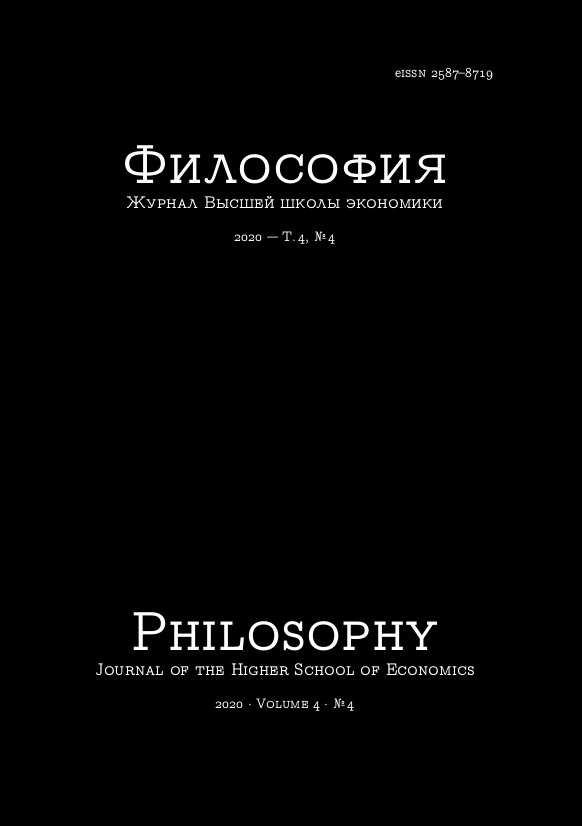Взгляды Р.У. Эмерсона на природу исторического познания
Аннотация
Нравственная философия трансцендентализма американского эссеиста, лектора и поэта Р.У. Эмерсона (1803–1882) отобразила духовные искания поколения американских интеллектуалов первой половины XIX века. Укорененный в наследии протестантской веры и культуры, подобно своим предкам на протяжении двух столетий, Эмерсон получил духовное воспитание и образование и начал свой жизненный путь как пастор одного из старейших приходов Бостона. Однако позднее в ходе духовных и философских исканий он существенно изменил свое мировоззрение, а с ним и деятельность. Из пастора местной общины верующих Эмерсон превратился в популярного лектора, обращенного к массовой аудитории разных городов и штатов Америки. В работе прослеживается генезис взглядов Эмерсона на всемирную историю: от христианских воззрений в годы его пасторской деятельности к построению субъективистской исторической эпистемологии (с середины 1830-х гг.) и осмыслению роли великих личностей в истории, что было с энтузиазмом воспринято Ницше, в частности, в его работе над трактатом «Так говорил Заратустра». Мы уделяем особое внимание вопросу о том, как богословие и ритуальная практика конгрегационализма, а также достижения библейской филологии повлияли на построенную Эмерсоном концепцию истории, исключающую Евангельские события как смысловой центр всемирной истории и подразумевающую возможность для индивида аутентично и достоверно пережить однажды происшедшие события в своем субъективном опыте. С особенным вниманием рассмотрены такие тексты, как Проповеди №5 и №162, дневниковые записи, лекции «О Евангелиях», лекция «Философия истории» и эссе «История».
Скачивания
Copyright (c) 2020 Философия. Журнал Высшей школы экономики

Это произведение доступно по лицензии Creative Commons «Attribution-NonCommercial» («Атрибуция — Некоммерческое использование») 4.0 Всемирная.






